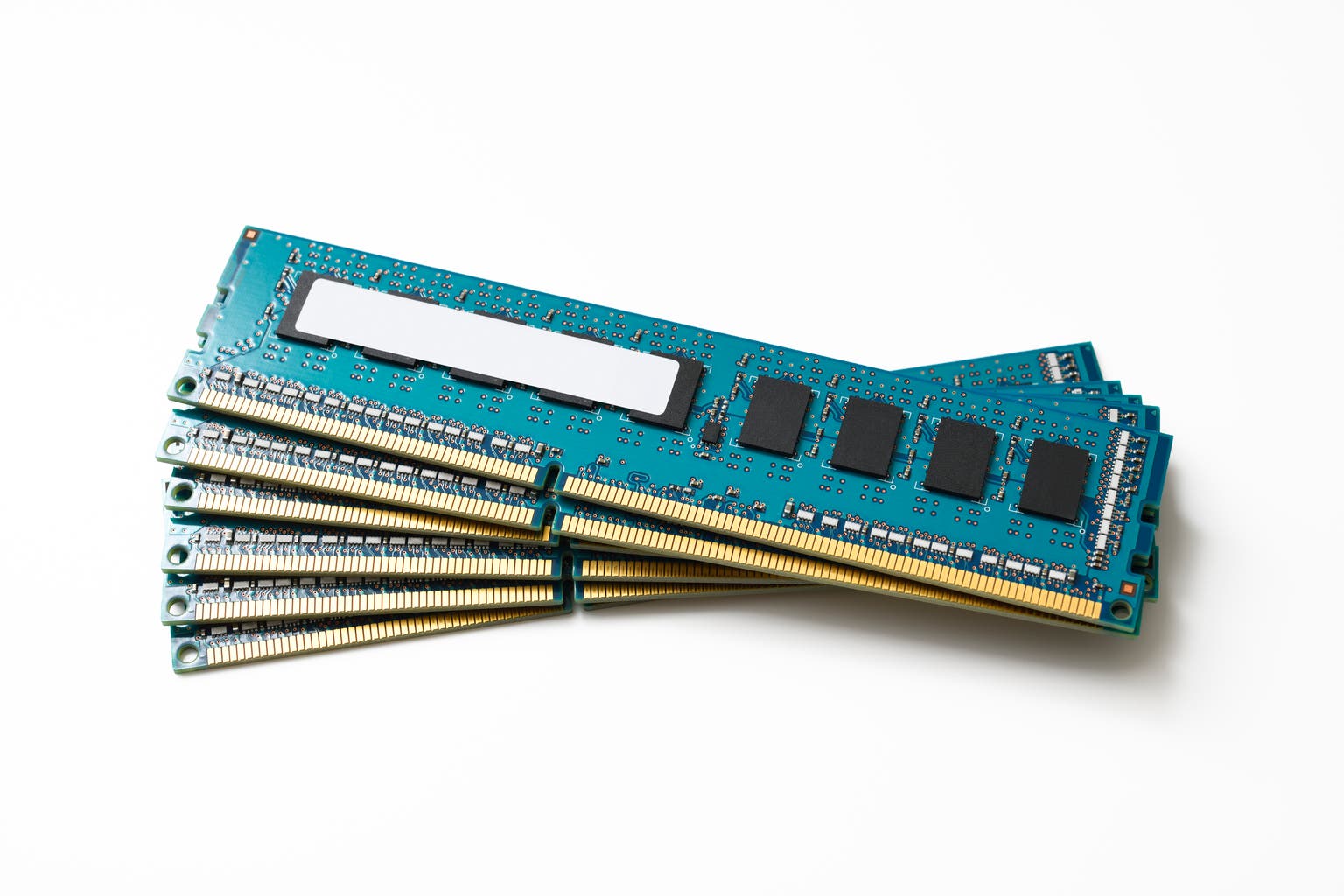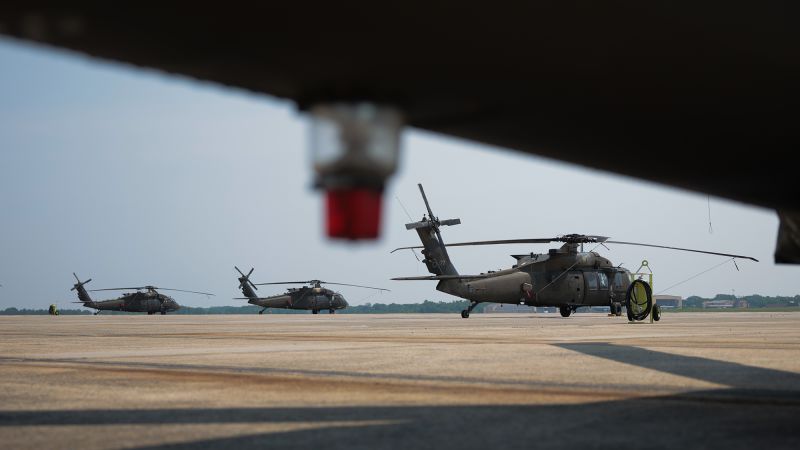LOG BOLC: Forging the Future Soldier - How Technology and Data are Revolutionizing Army Logistics

LOG BOLC: Shaping the Future of Army Logistics with Data and Technology
The modern battlefield is a vastly different landscape than it was even a decade ago. Rapid advancements in technology, coupled with increasingly complex operational environments, demand a new kind of Soldier – one who is not only physically capable but also adept at leveraging data and technology to achieve mission objectives. At the heart of this transformation lies the Logistics Basic Officer Leader Course (LOG BOLC), a critical program reshaping how the U.S. Army trains and equips its logistics officers.
The Evolving Battlefield and the Need for Data-Driven Logistics
Gone are the days of simple supply chains and predictable deployments. Today's conflicts are characterized by dispersed operations, asymmetric threats, and a constant need for agility. This requires a logistics system that is responsive, resilient, and, critically, data-driven. Real-time visibility into assets, predictive maintenance capabilities, and the ability to analyze data to optimize resource allocation are no longer luxuries; they are essential for mission success.
LOG BOLC: A Catalyst for Change
LOG BOLC isn't just about teaching logistics fundamentals; it's about equipping officers with the skills and mindset to lead in a technologically advanced environment. The curriculum has undergone a significant overhaul, incorporating:
- Data Analytics and Visualization: Officers learn to interpret complex data sets, identify trends, and make informed decisions based on evidence. This includes training in data mining, statistical analysis, and the use of visualization tools to communicate insights effectively.
- Digital Logistics Platforms: LOG BOLC emphasizes proficiency in modern logistics software and platforms, enabling officers to manage inventories, track shipments, and coordinate resources in real-time.
- Cybersecurity Awareness: Recognizing the vulnerability of modern logistics systems to cyberattacks, the course includes training on cybersecurity best practices and risk mitigation strategies.
- Artificial Intelligence and Machine Learning: Future logistics leaders are being introduced to the potential of AI and machine learning to automate tasks, predict equipment failures, and optimize supply chain efficiency.
Beyond the Classroom: Practical Application and Innovation
The training extends beyond theoretical knowledge. LOG BOLC incorporates practical exercises, simulations, and case studies to challenge officers and reinforce their learning. Emphasis is placed on fostering a culture of innovation and encouraging officers to explore new technologies and approaches to logistics challenges.
The Impact on the Army
The changes implemented through LOG BOLC are already having a tangible impact on the Army. Better-trained logistics officers are leading to:
- Improved Operational Readiness: Enhanced visibility and predictive maintenance capabilities are reducing equipment downtime and ensuring that units are ready to deploy when needed.
- Increased Efficiency: Data-driven optimization of supply chains is reducing costs and improving resource utilization.
- Enhanced Resilience: Cybersecurity training and robust logistics platforms are making the Army's supply chains more resistant to disruption.
Looking Ahead: The Future of Army Logistics
LOG BOLC represents a significant investment in the future of Army logistics. As technology continues to evolve, the course will adapt to ensure that logistics officers remain at the forefront of innovation, ready to meet the challenges of the 21st-century battlefield. The focus will continue to be on leveraging data, embracing new technologies, and developing leaders who can navigate the complexities of a rapidly changing world.






